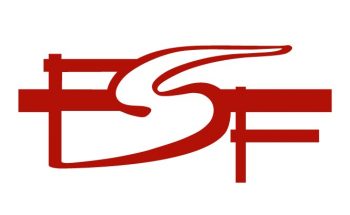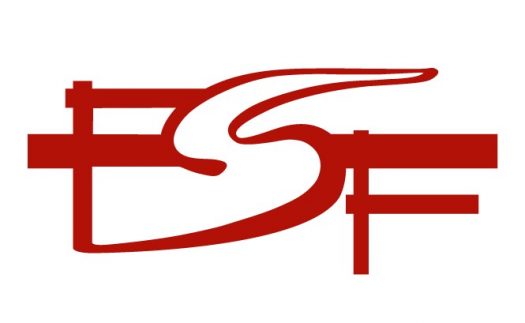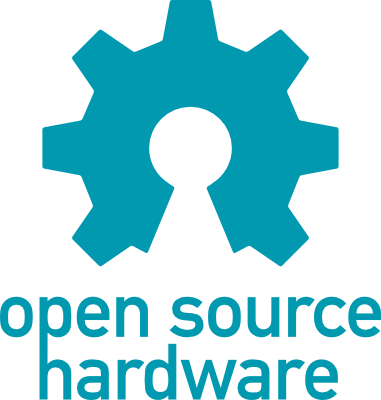Both Richard Stallman and John Sullivan have issued statements concerning the allegations made against the FSF by Libreboot’s lead developer.
On Friday we reported that Libreboot’s lead developer, Leah Rowe, had posted a notice to a GNU mailing list, removing her project from GNU. The reason she gave was that a friend employed by the Free Software Foundation, had been dismissed for discriminatory reasons. “The Free Software Foundation recently fired a transgendered employee of the FSF, just for being trans…,” she wrote. “I’m declaring here and now to the whole world that Libreboot is no longer part of the GNU project.”
 Friday afternoon after we published our report, Richard Stallman, founder and president of FSF, posted a brief, unofficial statement in an email to the thread around Rowe’s email. “The dismissal of the staff person was not because of her gender,” he said. “Her gender now is the same as it was when we hired her. It was not an issue then, and it is not an issue now.”
Friday afternoon after we published our report, Richard Stallman, founder and president of FSF, posted a brief, unofficial statement in an email to the thread around Rowe’s email. “The dismissal of the staff person was not because of her gender,” he said. “Her gender now is the same as it was when we hired her. It was not an issue then, and it is not an issue now.”




 Hardware: I’m using a Raspberry Pi Model 2 B with a 32-bit SanDisk micro SD card. The reason for using the Model 2 B is because I happened to have one that wasn’t currently being used. Also, I wouldn’t need any of the extras, like Wi-Fi. that the Raspberry Pi 3 brings to the table since it will be connected via Ethernet and SSH.
Hardware: I’m using a Raspberry Pi Model 2 B with a 32-bit SanDisk micro SD card. The reason for using the Model 2 B is because I happened to have one that wasn’t currently being used. Also, I wouldn’t need any of the extras, like Wi-Fi. that the Raspberry Pi 3 brings to the table since it will be connected via Ethernet and SSH.

